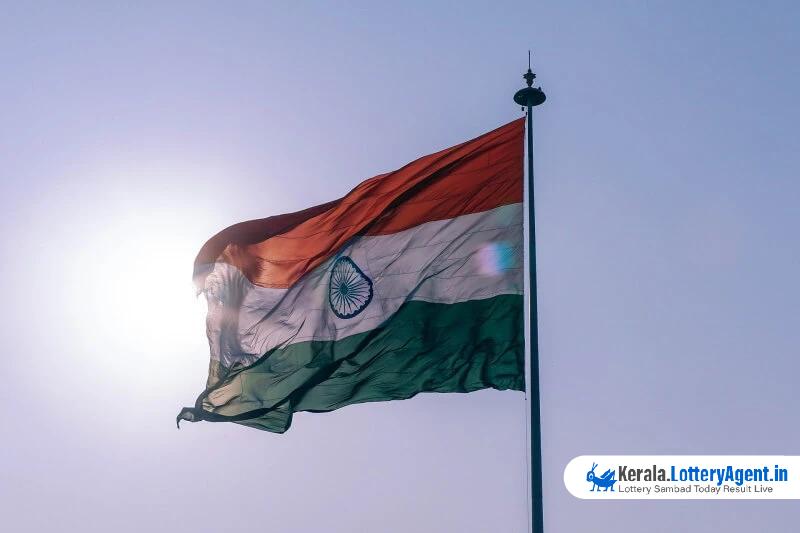
Indian gaming stakeholders had hoped the Goods and Services Tax (GST) Council would reconsider the 28% tax imposition on online gambling, casinos, and horse race betting during its latest meeting. The tax rate, initially announced in July 2023, has created a significant stir within the industry. However, during the Council’s meeting on Saturday, 22 June, Finance Minister Nirmala Sitharaman confirmed that this contentious tax issue “wasn’t up for discussion.”
The highly debated tax is applied to the full-face value of bets, rather than gross gaming revenue, essentially making it a turnover-based tax. This taxation approach has led to widespread concern among industry experts and stakeholders.
“There is no clarity or relief regarding the imposition of tax on the entire transaction value rather than just the income of the platform. The heavy taxation is likely to be passed on to the players,” commented Dr. Aruna Sharma, an economist and former Indian government official, speaking to iGaming Business. “One recourse now is for the Supreme Court to impose GST only on the earnings of the platform, not the money involved in real money games,” she added.
The Supreme Court has announced it will hear several petitions from operators challenging the 28% turnover tax demands implemented retrospectively. Initially enacted in October 2023, many operators had believed that a tax review was promised at the six-month mark, but this meeting did not provide the anticipated resolution.
Nonetheless, there was a glimmer of hope from the Council’s meeting. A newly approved clause, Section 11A, might offer a measure of relief if it passes through India’s Parliament. This provision would allow companies across various sectors to seek relief from retrospective tax demands, potentially providing respite for affected gaming operators.
Dr. Sharma mentioned that the reconstitution of the tax rationalisation Group of Ministers committee might pave the way for a review of the online gaming tax. “The amendment in Section 11A now includes a clause that enables the waiver of retrospective tax due to ambiguities for both the State and the Centre. It also allows for the waiver of penalties and interest on retrospective tax dues,” she explained.
.
Despite these slight advances, the gaming industry remains in limbo regarding the flat 28% tax rate. Manish Mishra, a partner at JSA Advocates and Solicitors, expressed his frustration, describing the continued lack of discussions surrounding online gaming as a “major disappointment.”
Rajat Bose, a partner at Shardul Amarchand Mangaldas & Co Advocates & Solicitors, echoed these sentiments, outlining broader industry concerns to iGaming Business. “The online gaming industry was eagerly looking forward to the GST council meeting in the hope that their concerns would be addressed by the Council,” he stated. “However, their issues could not find a place in the agenda. The industry will have to wait until the next meeting to see some kind of clarity on the tax structure, especially on retrospective application.”
There remains no guarantee as to when the GST Council will tackle these pressing concerns. Sitharaman indicated that time constraints prevented the discussion of several agenda items during the latest meeting. She reassured that these items would be addressed at an upcoming meeting, possibly before the end of August, yet she clarified that the gaming tax “was not on the agenda” of Saturday’s meeting.
The challenges facing the industry have been highlighted in a recent joint report by Ernst & Young and the US-India Strategic Partnership Forum. The report found that the Indian gaming sector has attracted $2.6 billion in foreign direct investment since 2019. However, it emphasized that no capital has been raised since the implementation of the new tax regime.
“Some companies reported a complete withdrawal of global marquee investors just at the onset of the new GST regime,” the report noted. This sentiment was echoed by the exit of Super Group from the Indian market last October; the company owns prominent brands such as Betway and Spin.
The 28% tax rate represents the second major shift in India’s online gambling market in recent years. Earlier, in January 2023, new rules were published to regulate online gambling, marking another significant change in the sector’s landscape. The continued uncertainty around the tax structure leaves Indian gaming operators and stakeholders grappling with questions about future viability and investment potential.












